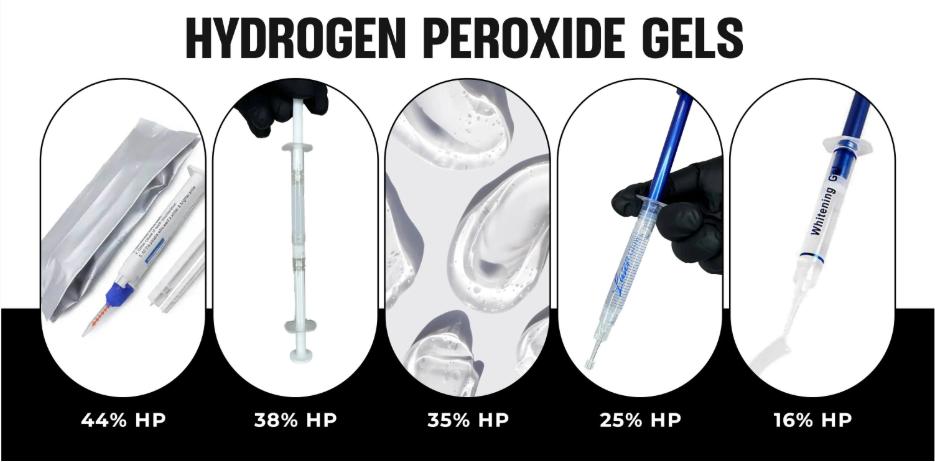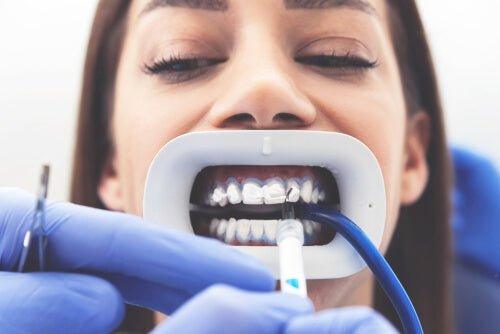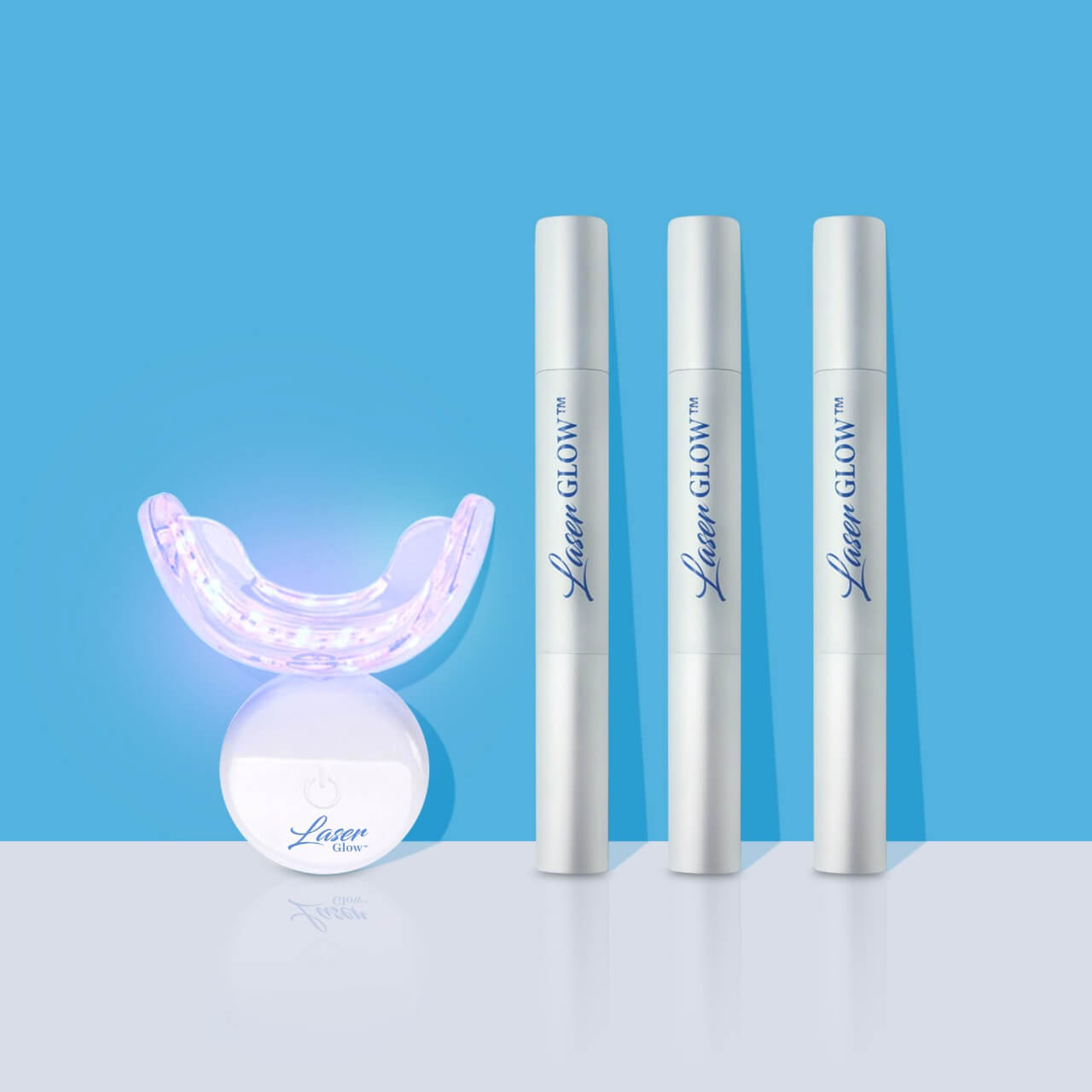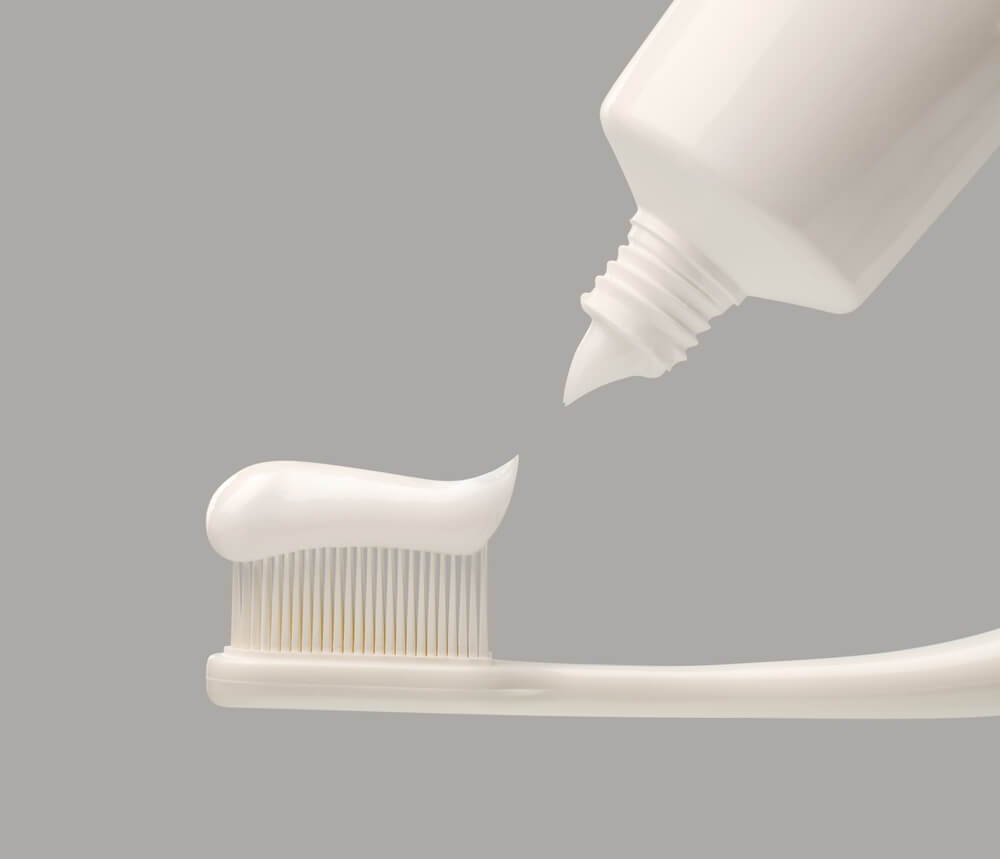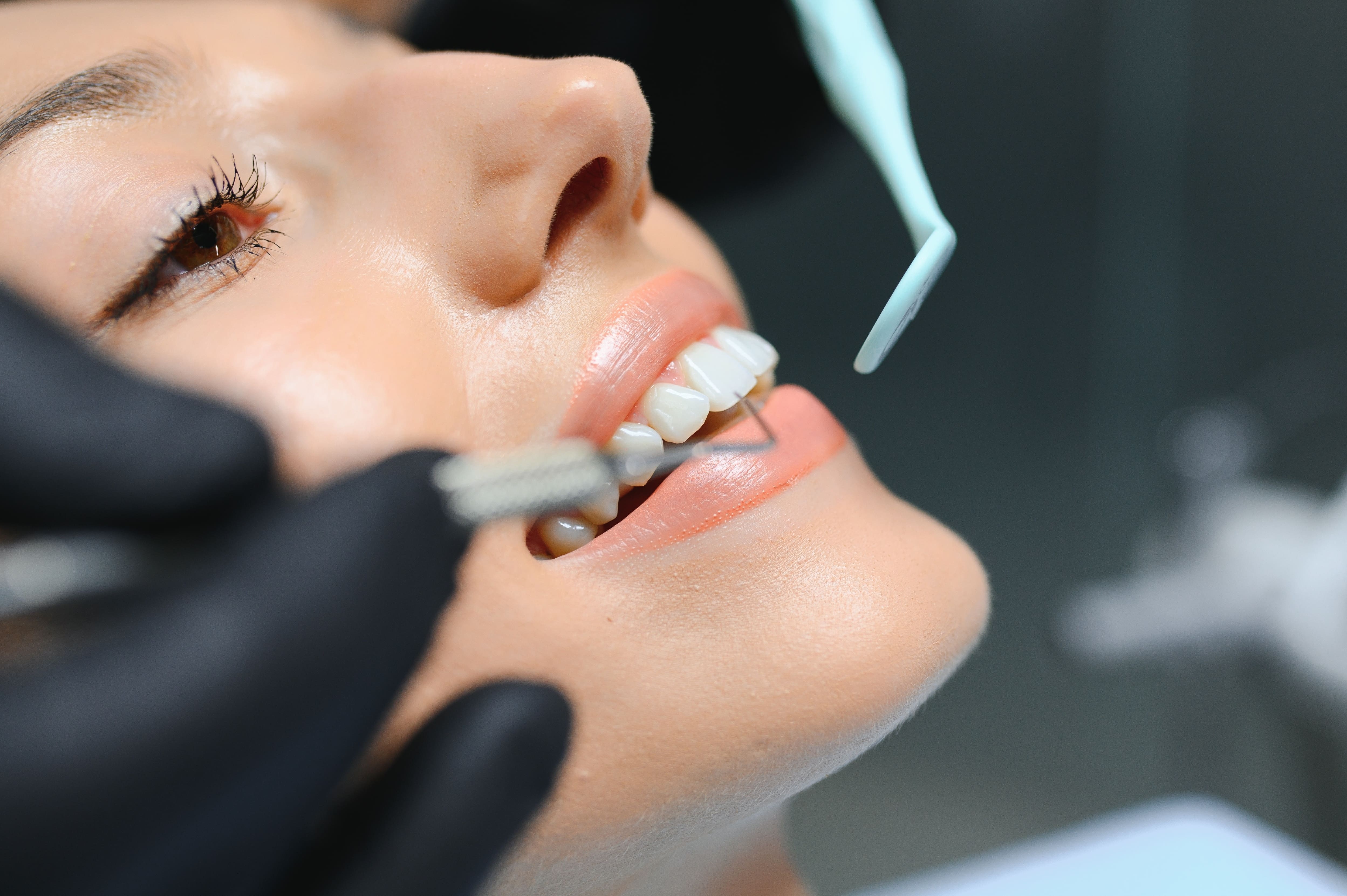Flossing is a crucial part of maintaining oral hygiene, yet many people overlook this simple daily task. While brushing your teeth is essential, flossing offers additional benefits that brushing alone cannot achieve. In this blog, we will explore the benefits of flossing your teeth, answering questions like what does flossing do and why is flossing important for your overall dental health.
What Does Flossing Do for Your Teeth?
Flossing reaches areas of your teeth that a toothbrush simply cannot. Your toothbrush bristles can clean the surfaces of your teeth, but they cannot reach between your teeth or under the gumline effectively. This is where flossing comes in.
1. Removes Plaque and Prevents Tartar Build-Up
One of the primary benefits of flossing is that it removes plaque from between your teeth and along the gumline. Plaque is a sticky film of bacteria that forms on your teeth throughout the day. If not removed, plaque hardens into tartar, which can only be removed by a dentist. By removing plaque, flossing helps maintain a healthier mouth, which is complemented by using tools like a cordless water floss for added efficiency.
- Why is flossing important? Because preventing tartar build-up reduces the risk of cavities and gum disease.
- What does flossing do for your teeth? It keeps the spaces between your teeth clean, preventing plaque from turning into tartar.
2. Reduces the Risk of Gum Disease
Gum disease starts with gingivitis, a mild form of gum inflammation. If left untreated, gingivitis can progress to periodontitis, a more severe condition that can lead to tooth loss. Regular flossing helps to remove food particles and bacteria trapped under the gumline, which can prevent the onset of gum disease. Complementing flossing with purple teeth whitening toothpaste can enhance your overall oral health by preventing stains and keeping your teeth bright.
- Does flossing help gums? Absolutely. Regular flossing helps to remove food particles and bacteria trapped under the gumline, which can prevent the onset of gum disease.
- Importance of flossing: By maintaining healthy gums, you not only protect your teeth but also prevent inflammation that can lead to systemic health issues.
3. Prevents Cavities
Cavities don’t just form on the surface of your teeth; they can also develop between teeth, especially when plaque and food particles are left unchecked.
- What does flossing do in terms of cavity prevention? Flossing removes debris that can lead to the development of cavities between your teeth, where your toothbrush cannot reach.
By flossing regularly, you reduce the risk of cavities forming in those hard-to-reach areas, ensuring that your teeth remain strong and healthy.
4. Improves Overall Oral Hygiene
Oral hygiene is about more than just keeping your teeth white; it’s about maintaining a clean and healthy mouth. Flossing is an integral part of any oral hygiene routine because it targets areas that brushing alone cannot.
- Benefits of flossing include improved oral hygiene by ensuring that no food particles are left behind, reducing the likelihood of bad breath and tooth decay.
- Why is flossing important? Because it complements brushing, leading to a more thorough cleaning and healthier mouth.
5. Enhances Fresh Breath
Bad breath, or halitosis, can be caused by trapped food particles and the bacteria that thrive on them. Even if you brush your teeth regularly, these particles can remain stuck between your teeth, leading to an unpleasant odor.
- Does flossing help gums and breath? Yes, flossing helps to remove the food particles and bacteria that cause bad breath, contributing to fresher breath.
- What does flossing do to improve your breath? It eliminates one of the primary sources of bad breath by cleaning areas that brushing might miss.
6. Supports Heart Health
It might come as a surprise, but there is a connection between oral health and heart health. Poor oral hygiene, particularly gum disease, has been linked to an increased risk of heart disease.
- Importance of flossing in this context is crucial, as regular flossing can reduce inflammation in the gums, potentially lowering your risk of developing cardiovascular problems.
- Benefits of flossing extend beyond your mouth; by keeping your gums healthy, you are also taking steps to protect your heart.
7. Saves Money on Dental Costs
Preventive care is always more cost-effective than treatment. By flossing regularly, you can avoid many of the problems that lead to expensive dental procedures, such as fillings, root canals, and gum surgeries.
- Why is flossing important for your wallet? The simple act of flossing can save you money in the long run by reducing the need for costly dental treatments.
- Benefits of flossing include not only maintaining your oral health but also helping you avoid the financial burden of dental problems.
8. Promotes a Healthy Smile
A healthy smile is not just about aesthetics; it’s about having strong, well-maintained teeth and gums. Regular flossing helps to prevent the build-up of plaque and tartar that can discolor your teeth and lead to gum recession.
- What does flossing do for your teeth in terms of appearance? It keeps your teeth looking their best by preventing discoloration and gum problems that can affect your smile.
- Benefits of flossing include maintaining a bright, healthy smile that you can be proud of.
Why Is Flossing Important?
Flossing is often the overlooked step in oral hygiene, yet its impact on your dental and overall health is undeniable. It is a simple, quick, and effective way to protect your teeth, gums, and even your heart.
Conclusion
The benefits of flossing go far beyond just cleaning between your teeth. From preventing cavities and gum disease to promoting heart health and saving money, flossing is an essential part of any oral hygiene routine.
Understanding what does flossing do and why is flossing important can motivate you to incorporate this habit into your daily routine. By doing so, you’ll be investing in your long-term health and maintaining a bright, healthy smile.
So, the next time you consider skipping flossing, remember all the benefits it offers. Just a few minutes each day can make a significant difference in your oral and overall health.






